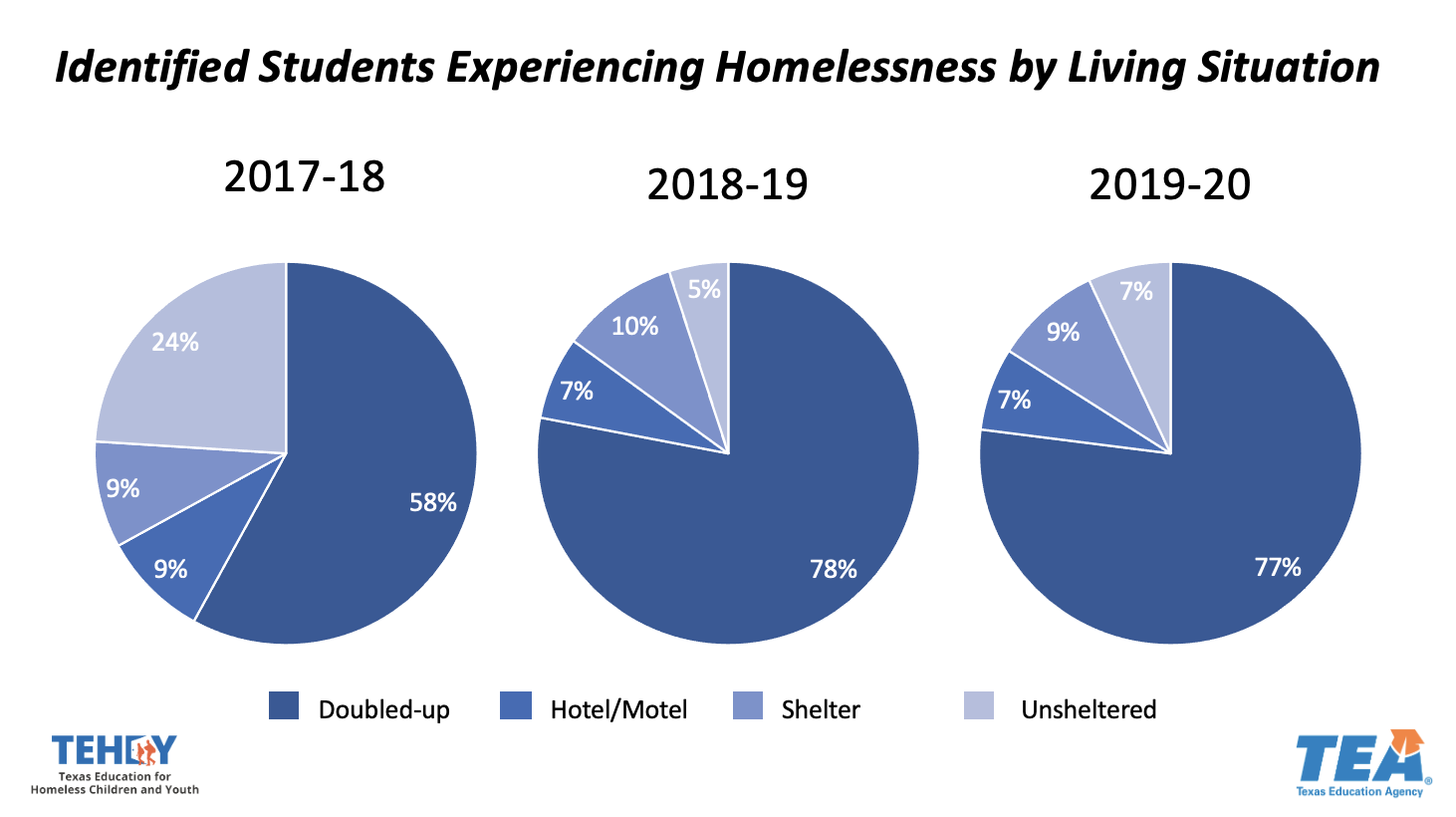The plight of homeless students is an urgent social issue that transcends mere statistics, prompting a necessity for empathy and action. Through the lens of Bahá’í teachings, particularly the principles of unity, justice, and service, individuals, especially youth, are empowered to extend their reach to those who are often overlooked. This article delineates various strategies informed by Bahá’í ideals that can guide youth on a mission to assist their homeless peers.
Understanding the Crisis: A Shift in Perspective
To embark on any meaningful mission, one must first grasp the magnitude of the issue at hand. In the United States, the rates of youth homelessness are staggering, with thousands facing daily challenges that affect their education and well-being. Rather than perceiving homelessness as a mere societal ailment, Bahá’í teachings implore individuals to recognize the inherent dignity in every soul. This perspective provides a foundation for genuine compassion and advocates for action that transcends mere charity. When young people comprehend the intricacies of homelessness, they can engage with affected individuals as equals, fostering a sense of community rather than mere beneficiary-provider dynamics.
1. Education: The Foundation of Empowerment
The Bahá’í Faith emphasizes the transformative power of education. Many homeless youth often lack access to basic educational resources, which perpetuates the cycle of poverty. One compelling way for young Bahá’ís to act is by organizing tutoring programs in their communities. These initiatives not only provide vital academic support but also cultivate relationships steeped in mutual respect. By offering assistance in traditional subjects—such as math or reading—youth can impart knowledge while simultaneously learning from the unique perspectives of their peers.
Furthermore, workshops that teach life skills, including financial literacy and job readiness, are critical. Such education arms homeless students with the tools necessary for independence and reintegration into society. Bahá’í teachings advocate for the elevation of all, and through educational empowerment, youth play a vital role in lifting others towards a brighter future.
2. Fostering Inclusive Community Centers
Creating welcoming spaces where homeless students can congregate is essential. Such centers should not merely be viewed as shelters but should serve as conduits for connection and camaraderie. By establishing community centers that embody the Bahá’í principles of inclusivity and fellowship, youth can craft environments where all individuals feel valued and heard. These centers can host activities that focus on personal development, including arts, sports, and spiritual programming, encouraging engagement and social interaction.
The establishment of such spaces also reflects the Bahá’í emphasis on collective action. Youth-driven initiatives can inspire broader community engagement, with local residents invited to get involved. This collaborative efforts allow for diverse voices to contribute to the mission and reinforces the idea that we are all interconnected in our human experience.
3. Mobilizing Resources: A Call to Action
The act of mobilizing resources for homeless students is integral to addressing their immediate needs. Bahá’í teachings encourage the spirit of service, prompting youth to consider how they can best leverage their own skills and networks. Organizing drives for clothing, hygiene products, and school supplies serves as a practical expression of love and solidarity. By fostering partnerships with local businesses and organizations, youth can amplify their impact and ensure that the supplies are not only adequate but also of high quality.
Moreover, fundraising events can be an excellent avenue for youth to unite their communities around a pressing cause. Events like charity runs, art auctions, or benefit concerts not only raise essential funds but also raise awareness about youth homelessness. In doing so, they evoke a sense of responsibility within collective spheres while ensuring that all contributors actively witness the power of unity in action.
4. Advocating for Change
Advocacy is a crucial component of any mission aimed at alleviating the challenges faced by homeless students. Bahá’í teachings inspire individuals to pursue justice passionately. Youth may engage in advocacy efforts aimed at policy changes that benefit homeless students. They can participate in campaigns that legislate better access to educational resources, housing stability, and support services within their localities.
Furthermore, organizing awareness campaigns in schools and community centers ensures that the dialogue surrounding youth homelessness continues. By distributing informational materials and facilitating discussions, youth can dispel misconceptions and evoke empathy. This aligns with the Bahá’í principle of promoting understanding among diverse groups, fostering a spirit of compassion that transcends borders and societal divides.
5. Nurturing Spiritual Growth
A mission imbued with Bahá’í principles ultimately converges on the spiritual elevation of both the helper and the recipient. Encouraging the youth to engage in reflective practices such as prayer, meditation, and deep contemplation within their service work can amplify their efforts. By seeking spiritual guidance, they can better understand the needs of those they serve and cultivate a spirit of service that is selfless and unwavering.
Moreover, sharing the teachings of the Bahá’í Faith with homeless peers can be a source of hope and motivation. Discussions around unity, love, and the intrinsic worth of every individual can inspire resilience and future-oriented thinking. This spiritual nourishment resonates deeply and has the potential to uplift hearts and minds.
Conclusion
In summation, the challenge of youth homelessness requires an orchestra of compassion, unity, and action. Through Bahá’í teachings, the prospect of fostering change morphs from an abstract notion into a tangible mission. Young people, as motivated agents of change, possess the power to alter perceptions, mobilize resources, and cultivate a sense of belonging. As they embark on this profound journey, they are not just helping those in need; they are also igniting a movement that nurtures the spirit of humanity itself. Embracing this mission may indeed lead to a collective awakening to the beauty of service, establishing a legacy of compassion for generations to come.
